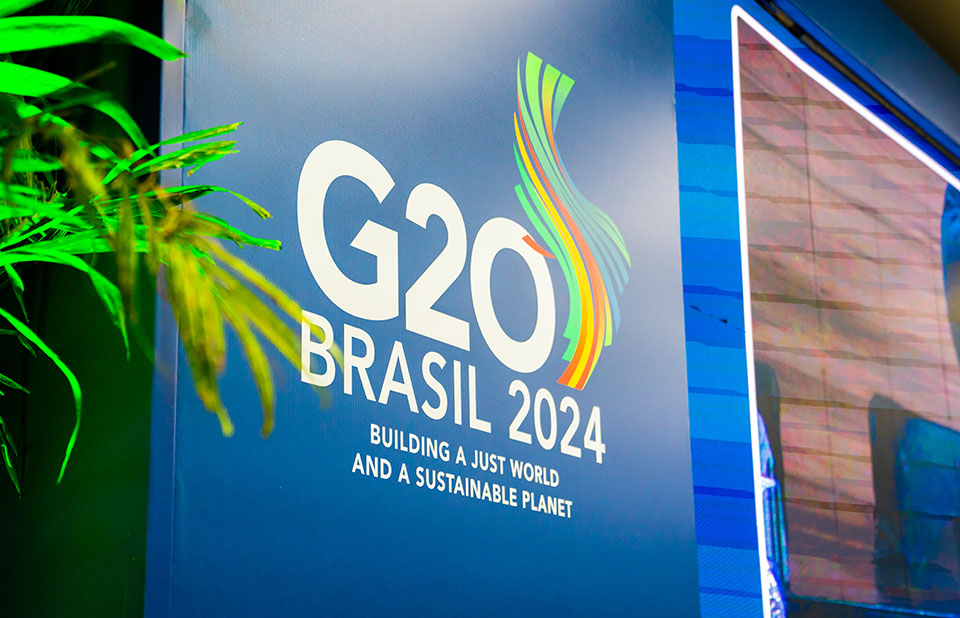By Haruna Gimba
The Executive Director of United Nations Joint Action on Aids (UNAIDS) and Under-Secretary-General of the United Nations, Winnie Byanyima, at the G20 preparatory meeting in Brazil, urged governments to support a new G20 Alliance.
The alliance was proposed by the Brazilian government, to enable life-saving medicines to be produced in every part of the world.
Co-Chair of the Global Council on Inequality, AIDS, and Pandemics Sir Michael Marmot also called on G20 delegates to address the social determinants of pandemics, such as education and human rights, as a concrete part of the G20’s pandemic preparedness efforts.
The medicines initiative aims to create a global alliance of local and regional manufacturers of drugs, vaccines and other health technologies and unite a diversified network of local and regional producers to ensure an adequate supply of medicines and technologies for everyone, everywhere.
Ms Byanyima called on the G20 to ensure that the alliance takes a bold approach that strengthens efforts to fight dengue and other neglected diseases, improves global defences against future pandemics, and accelerates access to the latest technologies against HIV.
“Focusing together on neglected diseases and the major killers of vulnerable people is not only strategic, it can deliver during future pandemics,” said Ms Byanyima.
“We can be thankful that, for all its devastation, COVID-19 responded to a vaccine, unlike HIV. There is no reason to believe the next pandemic will be like COVID-19. We need to build capacity for vaccines and treatment.”
The responses to many diseases that impact vulnerable populations – from Ebola to Mpox to HIV – would benefit greatly from this initiative, Ms Byanyima told governments today.
“The alliance can supercharge the HIV response. It can supercharge the production pipeline for innovations,” said Ms Byanyima. “An alliance could also build capacity where it is not. The majority of people living with HIV, who get up every day and take that pill, live in Africa. But few of those drugs are actually made in African countries.”
“Brazil’s leadership and experience in this area has inspired this global effort. And we need the support of the whole G20 to make it a success.”
The agenda of the G20 meeting on health is helping to push global health policy towards tackling the systemic inequalities that drive ill-health.
UNAIDS is coordinating a Global Council on Inequality, AIDS and Pandemics that is gathering evidence on how inequalities deepen and prolong pandemics, including HIV and COVID-19.
That evidence is being shared with policymakers at the G20 and other international forums.
On Monday, world-renowned expert Sir Michael Marmot gave a keynote address the G20 meeting on the potential of focusing concretely on the social determinants to strengthen pandemic preparedness, predict the severity of future pandemics, and improve the efficacy of responses.
“Improving health leads to a better economy. And the way to improve health is not just to invest in healthcare, but in the social determinants of health,” Professor Marmot said. “For example, in Botswana, there is clear evidence that the longer young people remain in education, the lower the rates of HIV.”
Addressing social determinants, building manufacturing capacity, and enabling people everywhere to access the whole range of HIV prevention and treatment options, including the latest long-acting technologies, is vital for ensuring the end of AIDS as a public health threat.
The G20 initiatives would play a key role in achieving that objective in a sustainable way, while also contributing to the achievement of the Sustainable Development Goals (MDGs) and supporting efforts to quickly respond to the next pandemic.




